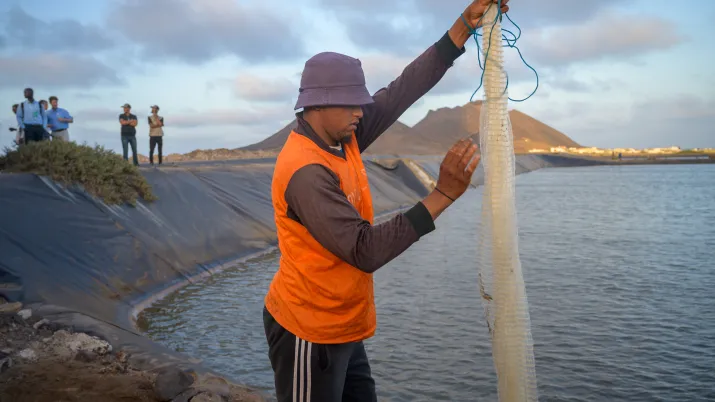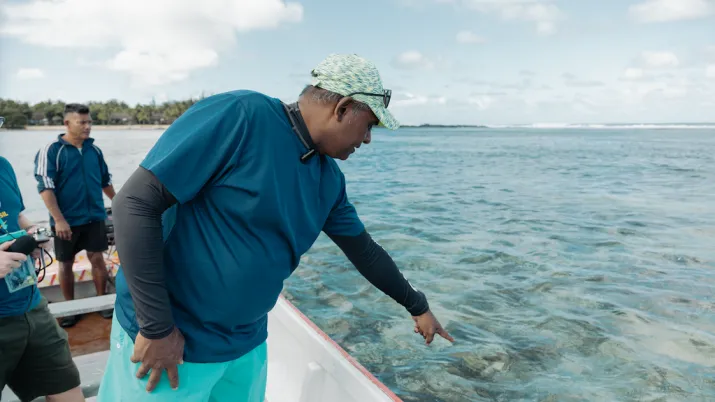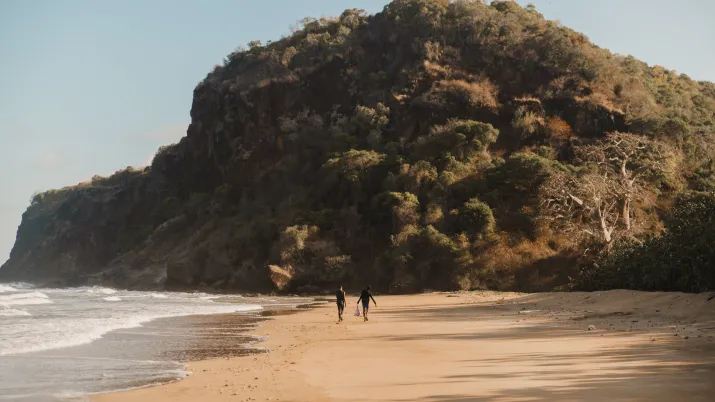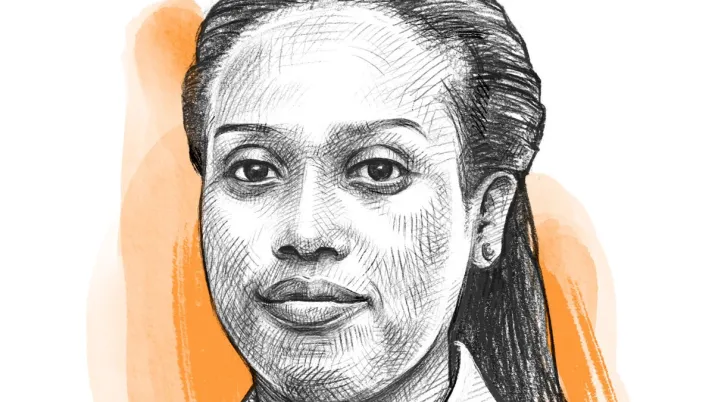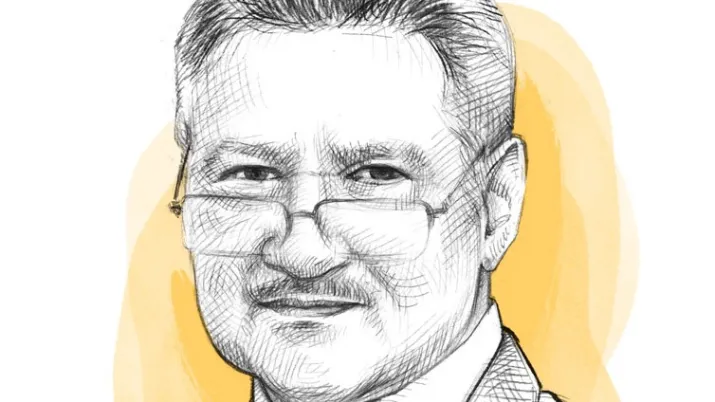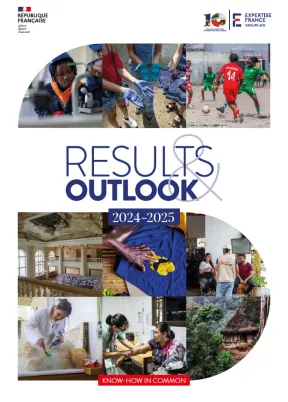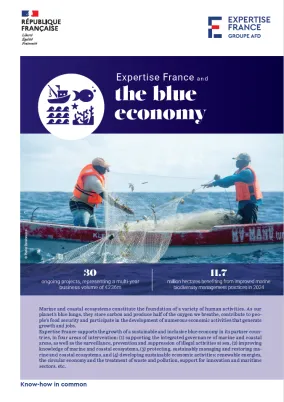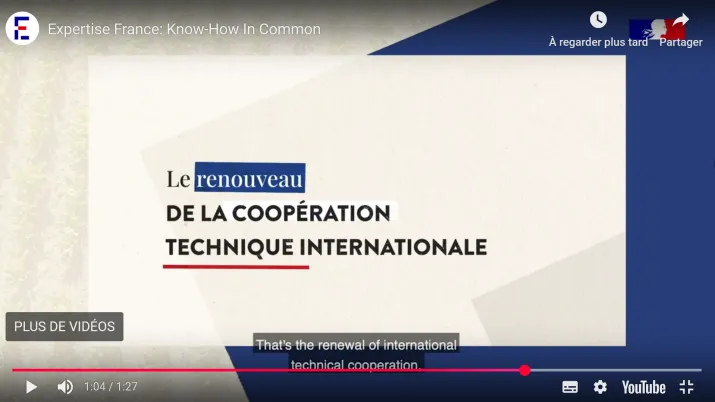Our news
As France’s development cooperation agency, we carry out technical cooperation projects in nearly 150 countries around the world. Discover the latest news from the field of international development cooperation and stay up to date on all that’s happening at Expertise France.
Newsroom
Launch of the West Africa Sustainable Ocean Programme: One ocean, one future, West Africa leads the blue wave
Published on January 7, 2026
"Continue to support an ambitious and effective cooperation policy, focused on delivering concrete impacts"
Published on January 5, 2026
Key Priorities to Address Antimicrobial Resistance in Dominican Republic
Published on November 20, 2025
Featured
Marine areas of island territories, central to the challenges of preserving the oceans
Published on June 9, 2025
10 years of Expertise France
Boosting the economy by fostering youth employment in Rwanda
Since 2019, the Agence française de développement (AFD) and Expertise France have been supporting the Rwandan Ministry of Education by assisting Rwanda Polytechnic and the Rwanda TVET Board in promoti...
Published on January 20, 2025

